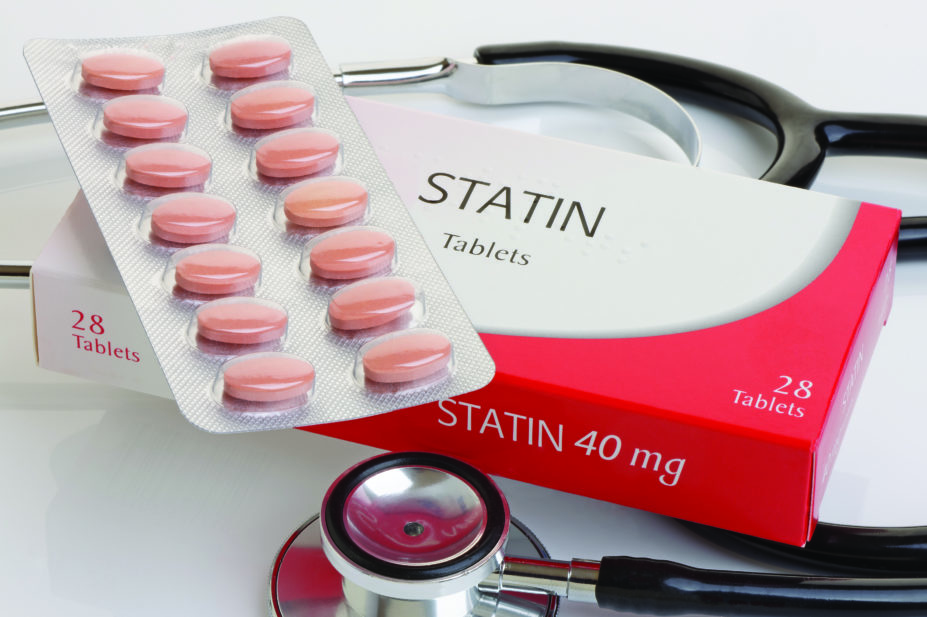
Shutterstock.com
Being diagnosed with high cholesterol could protect you against breast cancer and early mortality, according to research presented at the European Society of Cardiology Congress 2017[1]
.
In a study of more than 16,000 women, aged 40 or over, those with high cholesterol, also known as hyperlipidaemia, had a lower incidence of subsequent breast cancer and lower mortality rates compared with those without it (0.5% vs 0.8% and 13.8% vs 23.7%, respectively). The results suggest that statins may have a beneficial effect in terms of lowering rates of breast cancer and mortality.
“We previously found an association between having high cholesterol and developing breast cancer so we designed this study to follow up patients longitudinally and address the relationship more robustly,” said Rahul Potluri, senior author, clinical lecturer and founder of the Algorithm for Comorbidities, Associations, Length of stay and Mortality (ACALM) study unit at Aston Medical School in Birmingham, UK.
“Showing that patients with high cholesterol have a lower risk of developing breast cancer and subsequent mortality in a longitudinal study like this provides the strongest evidence for a protective effect, which is likely related to statins,” he explained further.
The underlying reasons are yet to be elucidated but according to lead author and researcher at the ACALM study unit, Paul Carter, the results provide the strongest justification to date for a clinical trial evaluating the protective effect of statins in patients with breast cancer.
“Patients with breast cancer who have high cholesterol, people at high risk of cardiovascular disease, and those with established cardiovascular disease should be given statins according to current guidelines,” he said.
“I don’t think at the moment we can give statins to prevent or reduce mortality from breast cancer per se. But a positive result in a clinical trial could change this and it is an exciting and rapidly progressing field.”
References
[1] Carter P, Uppal H, Chandran S et al. Patients with a diagnosis of hyperlipidaemia have a reduced risk of developing breast cancer and lower mortality rates: a large retrospective longitudinal cohort study from the UK ACALM registry. Eur Heart J 2017;38 (Supplement), 644Â645. Presented at ESC Congress 2017 Monday 28 August 2017. Abstract available at: http://spo.escardio.org/SessionDetails.aspx?eevtid=1220&sessId=21756&_ga=2.222924507.158998760.1504014540-1518888949.1504014540#.WaVxHD6GOCg (accessed August 2017)


